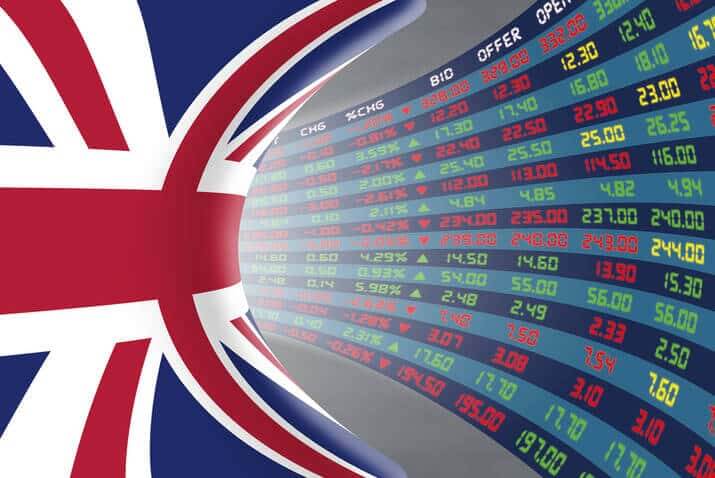
Britain’s Inflation Drop to 2.3% Disappoints Markets
Quick Look:
- Inflation Data: April saw a smaller-than-expected drop in British inflation, with consumer prices rising 2.3% annually, down from March’s 3.2%.
- Core Inflation: Core inflation barely fell, decreasing to 3.9% from 4.2%, missing forecasts of a drop to 3.6%.
- Market Reactions: Sterling surged, and the chance of a BoE rate cut in June fell to 18% from 50% the previous day.
Inflation in Britain fell by less than expected in April, and a key core measure barely dropped, prompting investors to retract bets on a rate cut next month. This potential cut could have provided a much-needed boost to embattled Prime Minister Rishi Sunak ahead of a crucial election year.
Consumer Prices and Economic Indicators
According to the Office for National Statistics, consumer prices rose by an annual 2.3% in April, a significant decrease from March’s 3.2% increase and the lowest rate since July 2021 when inflation was 2.0%. Despite this drop, the Bank of England (BoE), which aims for a 2% inflation target, and economists had anticipated a larger decline to 2.1%.
Unexpectedly high services inflation, a key indicator of domestically generated price pressure for the BoE, contributed to the disappointing figures. Additionally, rising petrol prices also played a role. The BoE had expected a more substantial reduction in inflation. This expectation was particularly strong following a 12% drop in regulated household energy tariffs that took effect last month.
“While inflation continues to fall sharply, this report will come as a disappointment to the Bank of England and investors looking for a rate cut in June,” commented Luke Bartholomew, senior economist at asset manager abrdn. The persistence of core and services inflation has made it difficult for the BoE to feel confident. Consequently, the BoE struggles to believe that underlying inflation pressure is cooling adequately.
Sterling Rises, BoE Rate Cut Probability Drops to 18% from 50%
Following the release of the data, Sterling jumped, and the likelihood of a BoE rate cut in June plummeted to just 18%, down from 50% the previous day. This shift highlights the significant impact of the inflation figures on market expectations and the broader economic outlook.
Core inflation, which excludes volatile items like energy, food, and tobacco, only fell to 3.9% from 4.2% in March. This was against expectations of a drop to 3.6%. Additionally, services inflation slightly decreased to 5.9% from 6.0% in March. However, this is still above the BoE’s and Reuters poll forecasts of 5.5%. Recent labour market data has shown mixed signals. For example, private sector wage growth, excluding bonuses, eased only marginally in the three months to March. The BoE remains concerned that rapid wage growth could perpetuate inflationary pressures across the economy.
Britain Consumer Prices Up 22% Since 2020
Prime Minister Rishi Sunak, facing a tough re-election campaign, has been keen to claim credit for the fall in inflation. In a statement, he declared, “Today marks a major moment for the economy, with inflation back to normal.” However, despite the decline, the data suggests that Britain’s inflation rate remains a significant challenge.
Wednesday’s figures indicate that Britain’s inflation rate is now lower than that of the United States, Canada, France, and Germany, with only Italy reporting a lower rate of 0.9%. Nevertheless, since 2020, Britain ranks poorly among Western European countries for its inflation record, with consumer prices increasing by more than 22%. Only the Netherlands, Austria, and Germany have experienced similar inflation levels.
Adding to Sunak’s woes, separate ONS data revealed that public borrowing in April was higher than expected. This raises doubts about the government’s ability to implement tax cuts ahead of the election, posing further challenges to the Conservative Party’s bid to regain voter support.
While Britain’s inflation has decreased, the less-than-expected drop and persistent core inflation pressures have dimmed hopes for a BoE rate cut in the near future. This economic backdrop, along with political challenges, underscores the complex landscape facing Prime Minister Rishi Sunak. These factors present significant hurdles as he navigates the road to the upcoming election.




